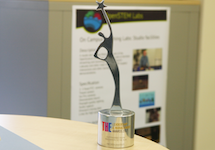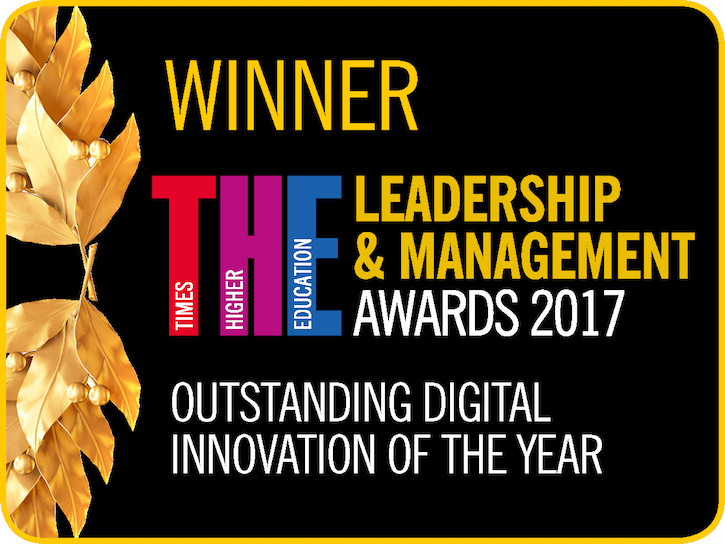-
The challenge: teaching practical STEM at a distance
By creating the OpenSTEM Labs as “an Internet of Laboratory Things” we have realised our vision for inclusive and accessible facilities for practical work in the OU’s distance-learning setting. This initiative builds on our pioneering OpenScience Laboratory, placing an emphasis on real-time access to labs and observatories. The OpenSTEM Labs concept connects students to state-of-the-art instrumentation for practical enquiries over the internet – distance no object and open all hours. Constructed in a blend of real and virtual space, the labs achieve greater accessibility and higher efficiency than possible in a conventional co-location of students, teachers and equipment.
The OpenSTEM Labs provide a 21stCentury delivery platform for practical skills in STEM: real data, authentic interfaces, real-time. The main spending-window for the project has been the 15/16 academic year. The infrastructural facilities are complete and most of the new equipment has been commissioned.
 The THELMA trophy
The THELMA trophyInnovative technologies and approach
Our strategy exploits the ubiquity of web-browsers, the versatility of HTML5, the speed of light and imaginative approaches to minimising latency in networks. Students are able to connect remotely to various technical equipment such as microscopes, a robotic-rover, telescopes, and a satellite, engaging with a range of environments from analytical labs to a Mars-analogue landscape, a mountain-top observatory and low Earth orbit. Several hundred student-hours of use have already been logged in existing curriculum; new courses in electronics and in space science will use the OpenSTEM Labs in the coming year.
Leading edge practices
For almost half a century The Open University has championed the application of technology to enhance learning. For presentation of supplementary material we have evolved from late night TV, video cassettes, CDs and DVDs to the internet. During this time practical work for OU students has become more difficult owing to restrictions on what can be safely sent out in home-experiment-kits and restricted opportunities for face-to-face classes in a true distance learning model. The latest step is therefore to bring practical work up-to-date so that the sophistication of modern teaching labs becomes routinely available online, where there is time and space for a more inclusive approach to lab-work.
Overcoming cultural, financial and other barriers to success
This project aligns with the OU’s mission of openness, nevertheless significant cultural barriers existed among colleagues who were initially sceptical of the practicality of online practical work. It has taken many years of pilots and demonstrators to gain their confidence. A significant enabler was HEFCE’s £2.8m STEM-Capital grant (matched by OU). The delivery challenges for the OpenSTEM Labs related to engaging multiple stakeholders with disruptive innovation. It was essential to ensure compatibility with existing campus infrastructure, curriculum delivery models and IT requirements, while giving students the best possible user-experience.
Developing scalable innovations
The OpenSTEM Labs are designed to be reconfigurable for specific audiences and to be expandable. Our development plan includes partnerships with HEIs and other third parties sharing online activities. This is how we will grow and diversify our “Internet of Laboratory Things”.

The OpenSTEM Labs Outstanding Digital Innovation 2017
THE Leadership & Management Awards
You are not signed in to this website. More facilities might be available if you sign in.